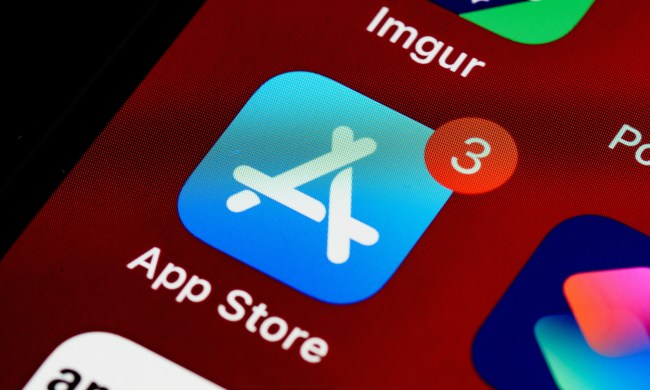In epidemic or disaster situations, information is often the antidote to panic. So it would follow that in the current panic surrounding the coronavirus, knowing who’s infected might help.
It seems that in this light, the Chinese government has launched an app that tracks who has been infected with coronavirus (something it knows based onpopulation surveillance), and will alert users if they come in “close contact” with an infected person.
“From a Chinese perspective, this is a really useful service for people … Provided it’s done in a transparent way, with consent where needed,” Hong Kong-based analyst Carolyn Bigg told the BBC.

But other experts say it’s unlikely it’ll calm anyone’s fears. Alain Labrique, associate professor at Johns Hopkins School of Public Health, called the app “quite unsettling.”
Potential for misinformation
Labrique told Digital Trends that in this type of situation, there is an inevitable rush to see what technologies can be used to assuage the outbreak. But this, in his mind, is the wrong approach. For one, it could contribute to the spread of misinformation. “The absence of information and misinformation is almost as big a threat as the virus itself at this time,” said Labrique
“We use the term ‘garbage in, garbage out,’” he told Digital Trends. “In more polite terms, it means you have to consider the reliability and accuracy of the data. Are the conclusions that are being presented to the users of this app valid? I have grave concerns of the validity of the classifications of people based on some measure of proximity.”
This means, at best, the app is providing inaccurate information. At worst, it could actually cause more discrimination, and exacerbate tensions, suspicions, and panic.
“There’s a very high possibility that people will panic,” Dariusz Jemielniak, professor of digital society at Kozminski University in Warsaw, Poland, told Digital Trends. “I don’t think this is a good thing. This is a bad thing. They are fearmongering through the app.”
False sense of security
The app, Labrique said, is probably not able to effectively detect who is contagious and who isn’t. There may be people who are asymptomatic or have low-grade, undetectable symptoms who are nonetheless contagious.
“If the app is unable to capture those individuals, fundamentally, it is providing them with a false sense of security and false sense of non-exposure, which is also dangerous,” Labrique said. “People might let down their guard and stop following routine practices like washing their hands.” Because of this, health experts around the world are expressing consternation regarding China’s containment strategy, he said.
“If there was an actual risk, and the government knows something about a person, then that person should be contacted individually,” said Jemielniak. “This app is entirely redundant. It’s just a show of power in the bigger picture. It shows how close the state’s individual surveillance is. For everyday people, it’s not necessary to have this information, unless they need to immediately go see a doctor. And in this case, they don’t need an app to tell them that.”
An appropriate use of the technology would be to provide reliable advice and connect people to care providers when they need it.
“They [the government] are trying to demonstrate to the populace that measures are being taken to protect people,” said Labrique. “But it’s largely a political play to demonstrate that things are being handled. What we really need are communities coming together and fighting spread of virus together, and being supportive of people who are ill. This kind of thing further deepens the rifts between ’us’ and ‘them.’”



